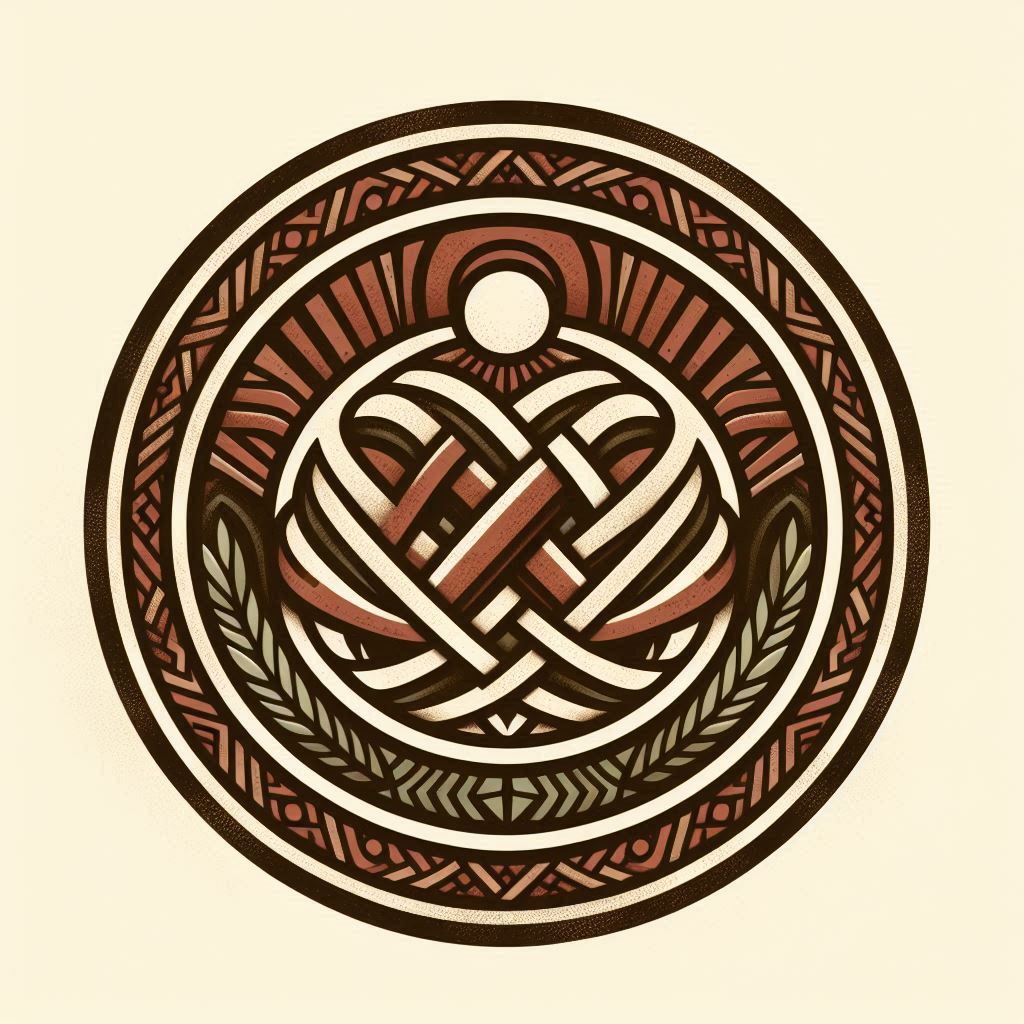Summary on Karo Ethnicity and the “Karo-Karo” Surname
The Karo people, often referred to as the Karo Batak, are an indigenous ethnic group residing in North Sumatra, Indonesia. Their rich cultural heritage, intricate traditions, and strong communal bonds make them a fascinating subject of study. This summary explores both the cultural identity of the Karo people and the significance of the “Karo-Karo” surname, an emblem of clan heritage that resonates deeply within the community.
Understanding the Karo Ethnicity
The Karo people have lived for centuries in a region where varied landscapes—from highland plateaus to fertile lowlands—have shaped their lifestyle. This close relationship with nature is reflected in every part of their culture, including their rituals, agricultural practices, and social customs. Central to Karo society is the emphasis on community. People from this ethnic group traditionally organize life around collective decision-making, respect for elders, and mutual assistance among family members and neighbors.
Language is another core component of Karo identity. The Karo language not only serves as a medium of communication but also as a repository of communal history, folklore, and traditional wisdom. Through storytelling, traditional songs, and customary practices, the language plays a vital role in preserving the historical narrative of the Karo people and ensuring that the knowledge of past generations is handed down to the youth.
The Karo people have experienced a complex layering of religious influences over time. While many have embraced either Christianity or Islam, the echoes of their ancient animist beliefs still resonate in cultural practices, rituals, and communal ceremonies. This blending of spiritual traditions underlines a distinctive ability to adapt while holding fast to foundational elements of cultural identity.
Moreover, the historical experience of the Karo people includes adaptation to external influences such as trade, migration, and modern education—all of which have contributed to a dynamic cultural evolution. Even as modernity brings changes, the Karo remain dedicated to nurturing their traditions, thereby maintaining a delicate balance between preserving the past and participating in the contemporary world. This balance allows the identity of the Karo people to remain both resilient and fluid, adapting to new circumstances while honoring deep-rooted customs.
The Significance of the “Karo-Karo” Surname
Within Karo society, social organization is traditionally structured around a clan system known as merga. The merga system is the backbone of community life, demarcating social responsibilities, roles, and relationships among its members. One notable clan within this system is the clan associated with the “Karo-Karo” surname. While many cultures use surnames merely as identifiers, in the Karo context, a surname such as “Karo-Karo” carries profound cultural and historical significance.
The “Karo-Karo” surname is more than just a family name—it is a marker of belonging. It signifies a strong sense of identity anchored in a shared lineage, highlighting the importance of ancestry and familial bonds. For members of the “Karo-Karo” clan, the surname acts as a constant reminder of their heritage, responsibilities, and their connection to the larger tapestry of Karo culture. It tells a story of resilience, unity, and collective memory that has been preserved over countless generations.
Clans like “Karo-Karo” not only identify lineage but also establish a support network within the community. This network fosters unity in times of celebration as well as in moments of adversity. The surname encapsulates the values of honor, tradition, and communal solidarity. It perpetuates the cultural practices and rituals unique to the Karo people, ensuring that the virtues of the past are not lost even as the community evolves with the times.
Concluding Thoughts
In summary, the Karo ethnicity is characterized by a deep connection to nature, an enduring commitment to communal life, and a rich tapestry of language and traditions. The people’s ability to integrate modern influences while preserving ancient customs makes their culture both unique and resilient. Equally important is the role of the “Karo-Karo” surname, which stands as a symbol of clan affiliation, heritage, and the unbreakable bonds that knit the community together. By understanding these facets—the vibrant cultural practices of the Karo people and the profound meaning embedded in a surname like “Karo-Karo”—readers can gain an immediate and clear perspective on how identity and tradition continue to define and enrich this remarkable ethnic group.



.png)
Join the Conversation